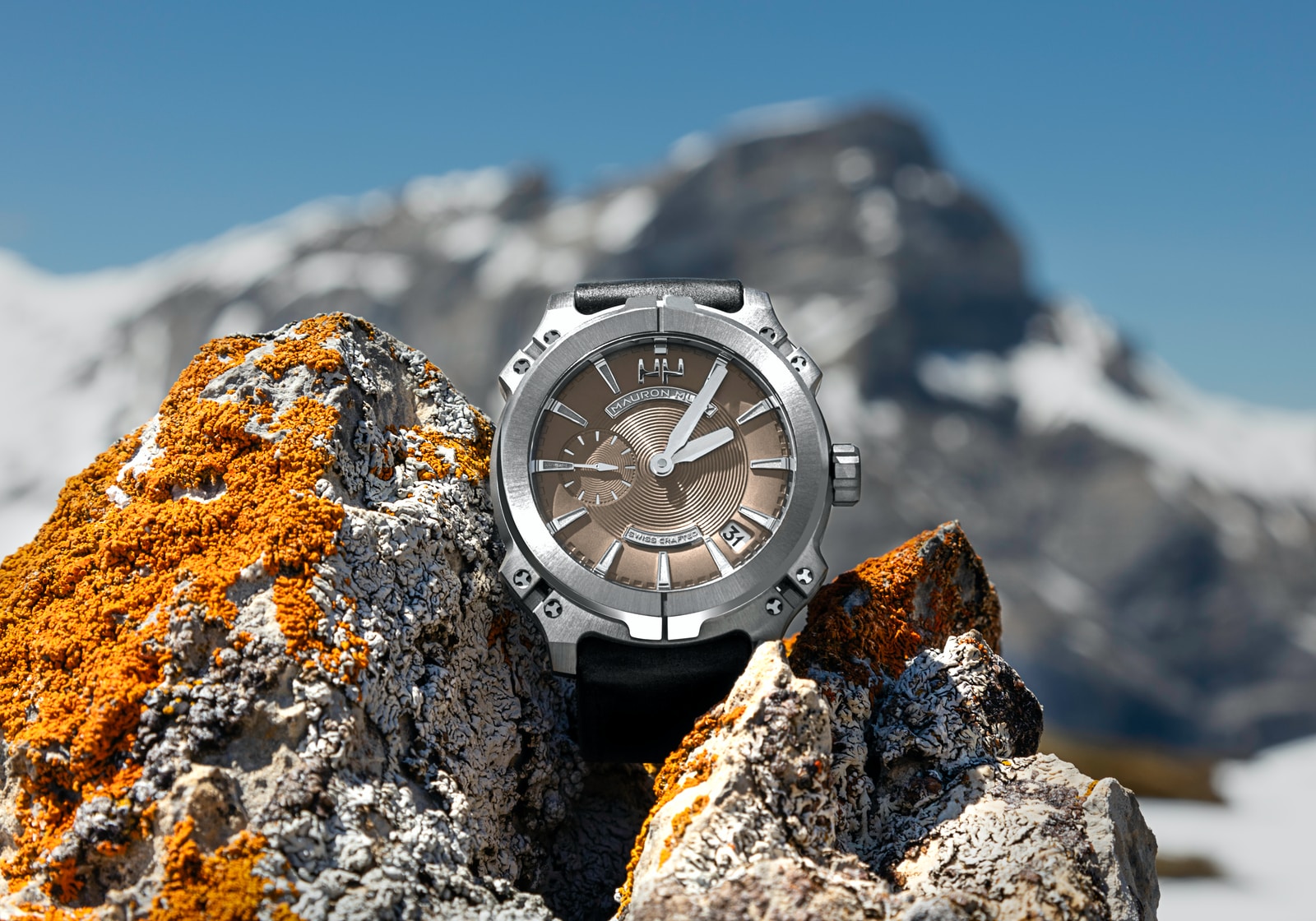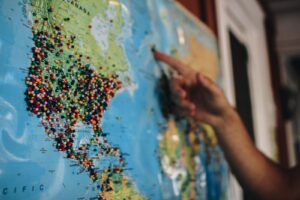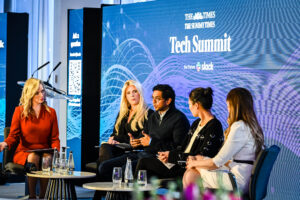The global pandemic hit many categories hard. With non-essential being forced, the retail category had a particularly tough 2020.
But it might not all be doom and gloom, with many consumers opting to treat themselves to high-ticket purchases due to extra cash saved up from not holidaying or socialising as heavily.
We have explored what this means for high-end designer goods.
Brand stance rules the waves
In recent years luxury brands have seen the millennial generation increase in importance as a proportion of their customer base.
But with 2020 bringing a substantial drop in foreign millennials who contribute heavily towards sales (forecasts estimate that the UK economy missed out on a whopping £60m a day due to a lack of tourists) brands have been forced to change up their tactics and appeal to domestic millennial audiences instead.
According to a recent Mintel study, the most important purchase influencers for the millennial generation are a company’s ethics and diversity credentials, forcing luxury brands to adopt new ways of showcasing their worth in this area.
Burberry is a recent example, having launched a range of £90 designer face masks and donating 20% of the sale price to their community fund helping health care workers impacted by the pandemic.
Evergreen brands draw a crowd
Another contributing factor to the sustainability of luxury brands during the current climate is timelessness. Brands whose products are perceived to be classic and long-lasting have not, and seemingly will not, be as affected as those that are more dependent on fashion trends and short-term fads.
A recent BCG consumer survey claimed more than half of its respondents expected their preference to increase for luxury items that are understated and everlasting.
In the case of luxury fashion giant Kering, it was recently reported Gucci sales sank 9% over the last quarter, while Bottega Veneta - its brand famous for timeless fashion classics - saw growth jump by 21%.
Create digital exclusivity
With consumers unable to shop in-store as easily, ecommerce has become more important than ever before. Before the crisis, ecommerce accounted for just 10-12% of luxury sales worldwide.
In present times, it’s clear that brands responding by creating online experiences that feel ‘exclusive’ and offer something different to non-luxury retailers will be more likely to emerge stronger for the future.
Luxury specialists have benefited the most from this initially, with revenue at Farfetch up 71% year on year.
Bounce-back for big guns
The industry has also seen a shift towards partners they had previously tended to turn their backs on, notably Amazon. The online retail giant launched a new Luxury Stores experience last month, with Oscar de la Renta the first designer to hop on board, quickly followed by the likes of Joseph Altuzzara and Roland Mouret.
So whilst some brands struggle to find their feet amidst the current climate, others are adapting at record speed and have seen their hard work starting to pay off.
And then there’s Rolex, who are seeing increased demand from COVID money savers. In 2020, it reported demand for their high end watches has resulted in sales being up 18% vs 2019.
Despite everything, it's never been a better time to be a Geneva based horologist.



 News UK
News UK 






